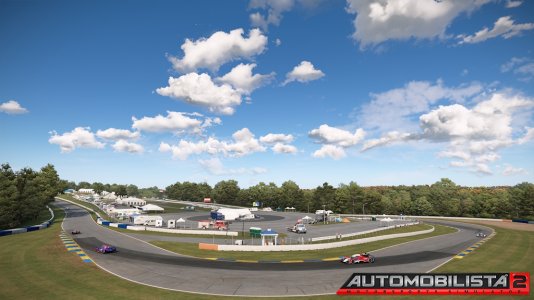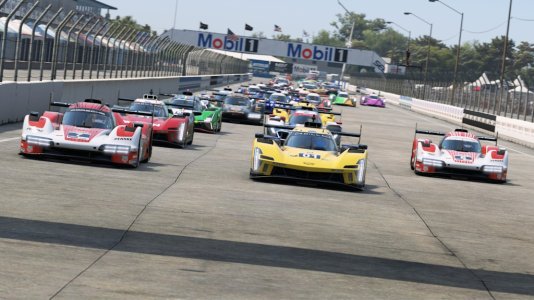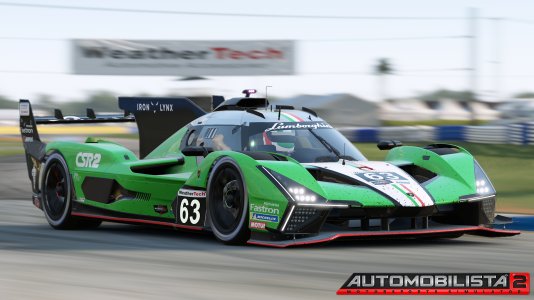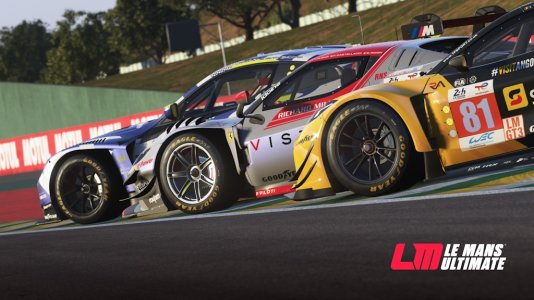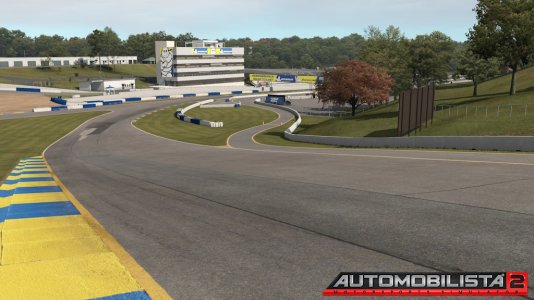I'm looking to build the ultimate sim rig, and I'm wondering what the bottlneck is in terms of being able to run VR at the absolute highest graphics. I've got a Reverb G2 on pre-order, and with the increased resolution, I want to be able to absolutely max it out.
So, if you had an RTX Titan, or two 2080Ti's running together with SLI (or these same scenarios with whatever NVIDIA is going to release in a few months), would the bottleneck now be that the programmers didn't put that much detail in the VR version of the game in the first place? Or would your CPU be the bottleneck? Or would running an RTX Titan (or the next generation of this card) or even two Titan's in SLI take VR resolution to the next level?
And before anyone ridicules me and says "Spending x-amount on your GPU alone is totally stupid...", so is spending over $1 million on a hypercar, but people still do it, and it's awesome...
So, if you had an RTX Titan, or two 2080Ti's running together with SLI (or these same scenarios with whatever NVIDIA is going to release in a few months), would the bottleneck now be that the programmers didn't put that much detail in the VR version of the game in the first place? Or would your CPU be the bottleneck? Or would running an RTX Titan (or the next generation of this card) or even two Titan's in SLI take VR resolution to the next level?
And before anyone ridicules me and says "Spending x-amount on your GPU alone is totally stupid...", so is spending over $1 million on a hypercar, but people still do it, and it's awesome...

